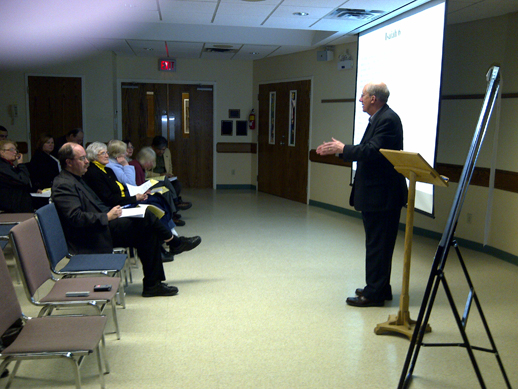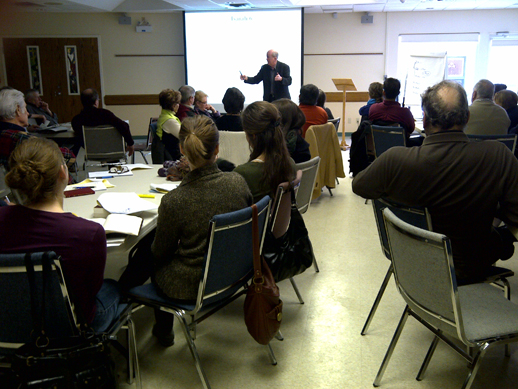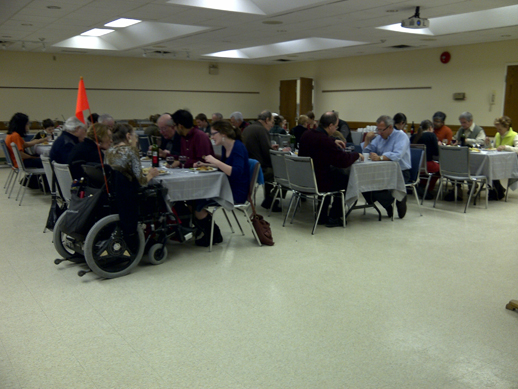Pope Benedict XVI, Light of the World: The Pope, the Church, and the Signs of the Times – A Conversation with Peter Seewald, Michael J. Miller & Adrian J. Walker, trans. (San Francisco: Ignatius Press, 2010).
Before being elected as Pope Benedict XVI, Joseph Cardinal Ratzinger displayed a remarkable willingness to questioning and dialogue, manifested chiefly in three book-length interviews he gave; The Ratzinger Report (1985), Salt of the Earth (1996), and God and the World (2002). The latter two interviews were conducted by German journalist, Peter Seewald. Light of the World: The Pope, the Church, and the Signs of the Times is the latest book-length interview with Ratzinger by Seewald, but, of course, the circumstances have changed dramatically since 2002. After all, as Seewald writes, “[a] cardinal is a cardinal, but the Pope is the Pope” (xv).
In Light of the World, Seewald asks Benedict questions on an astonishingly wide range of subjects. Indeed, that is one of the key drawbacks of the book. Topics range from the day-to-day life of being the Pope, the abuse scandals, the Williamson affair, global warming, women’s ordination, contraception usage, clerical celibacy, the state of the church in and outside the west, ecumenism, sexuality, eschatology, the Eucharist, Christology, and Mariology (I could go on). While Benedict’s comments on each of these issues are interesting, they are necessarily brief and lack detail and development. That is not because Benedict’s thoughts on these issues are undeveloped, as most Communio readers know. Rather, there simply is not the space and time for Benedict to provide the kind of detailed answers and insights of which he is more than capable when the volume of subjects is so massive.
The sheer range of topics chosen by Seewald is part of the problem. The other frustrating ingredient is Seewald himself. Very rarely, it would seem, was Seewald able to ask a question of Pope Benedict without himself launching into a diatribe containing his own theories on this, that, and the other. It is not out of the ordinary for a question to take up as much space, if not more, than Pope Benedict’s answer, with the result that we end up learning a great deal more about Seewald than about the pontiff.
There are some genuinely interesting sections in Light of the World, particularly when Benedict discusses his election as the bishop of Rome, when he discusses his day-to-day life as the Pope, when he speaks about his spirituality, and when he discusses his passion for ecumenical dialogue with the Christian East. Less interesting were his much-discussed comments on condoms, which was only news for those unfamiliar with his thought (see, for example, pp. 201-203 of Salt of the Earth).
This book will profit the vast group of people who misunderstand and/or dismiss Pope Benedict XVI for it does, albeit in a limited way, demonstrate his openness and erudition. But people serious about delving into Pope Benedict XVI’s thought would do well to go elsewhere.
Gregory Hillis
Bellarmine University



